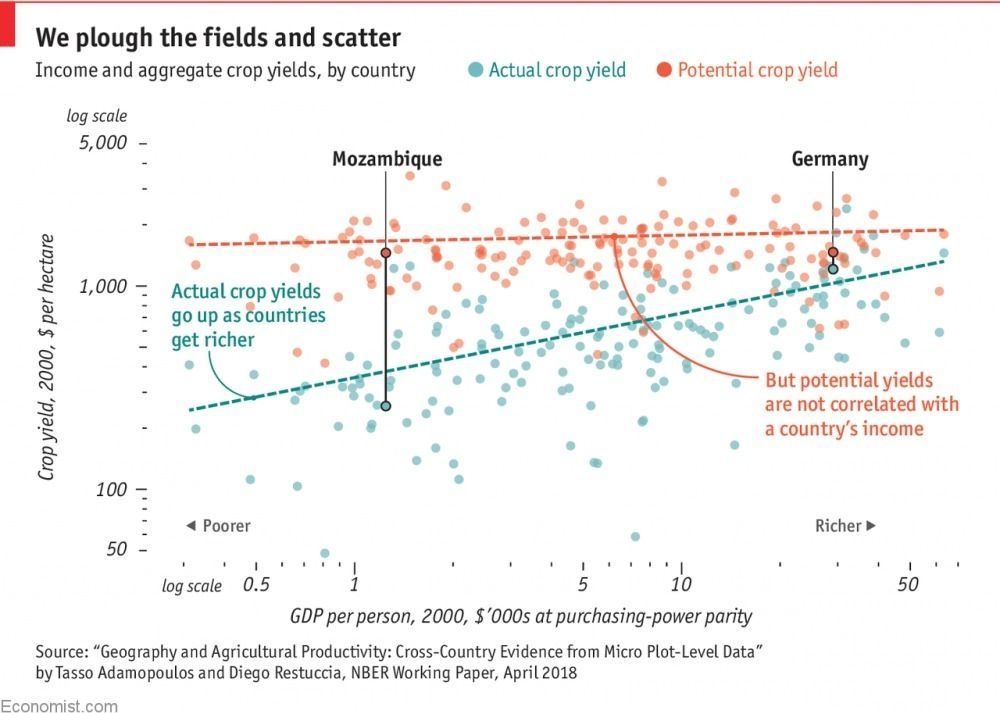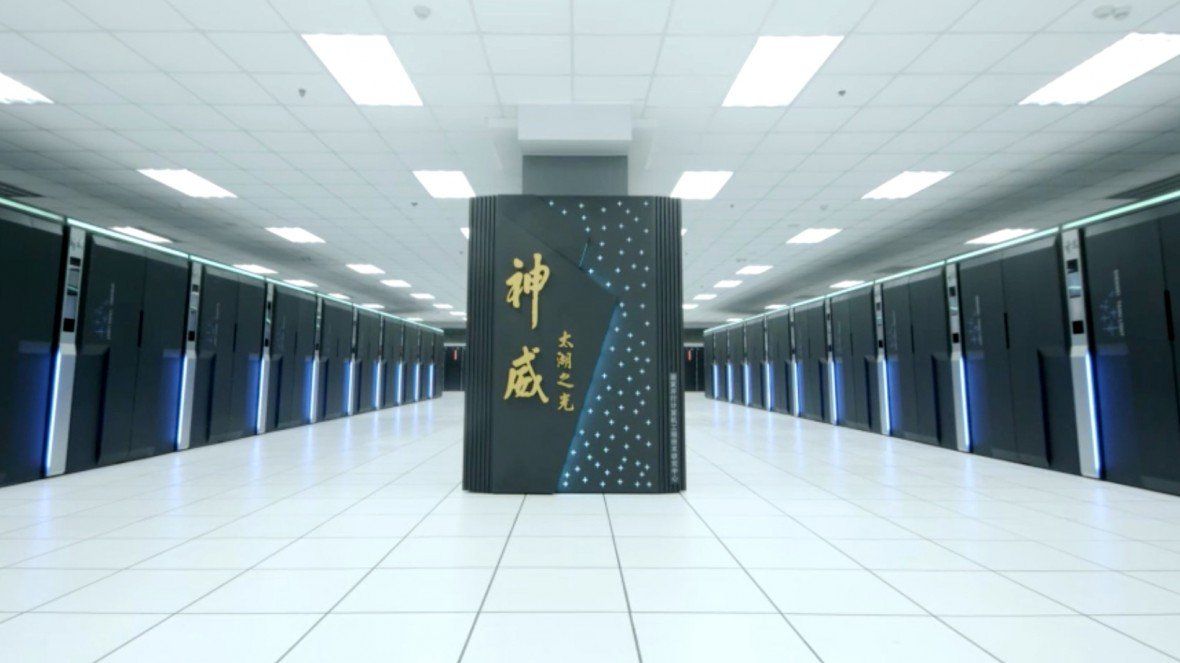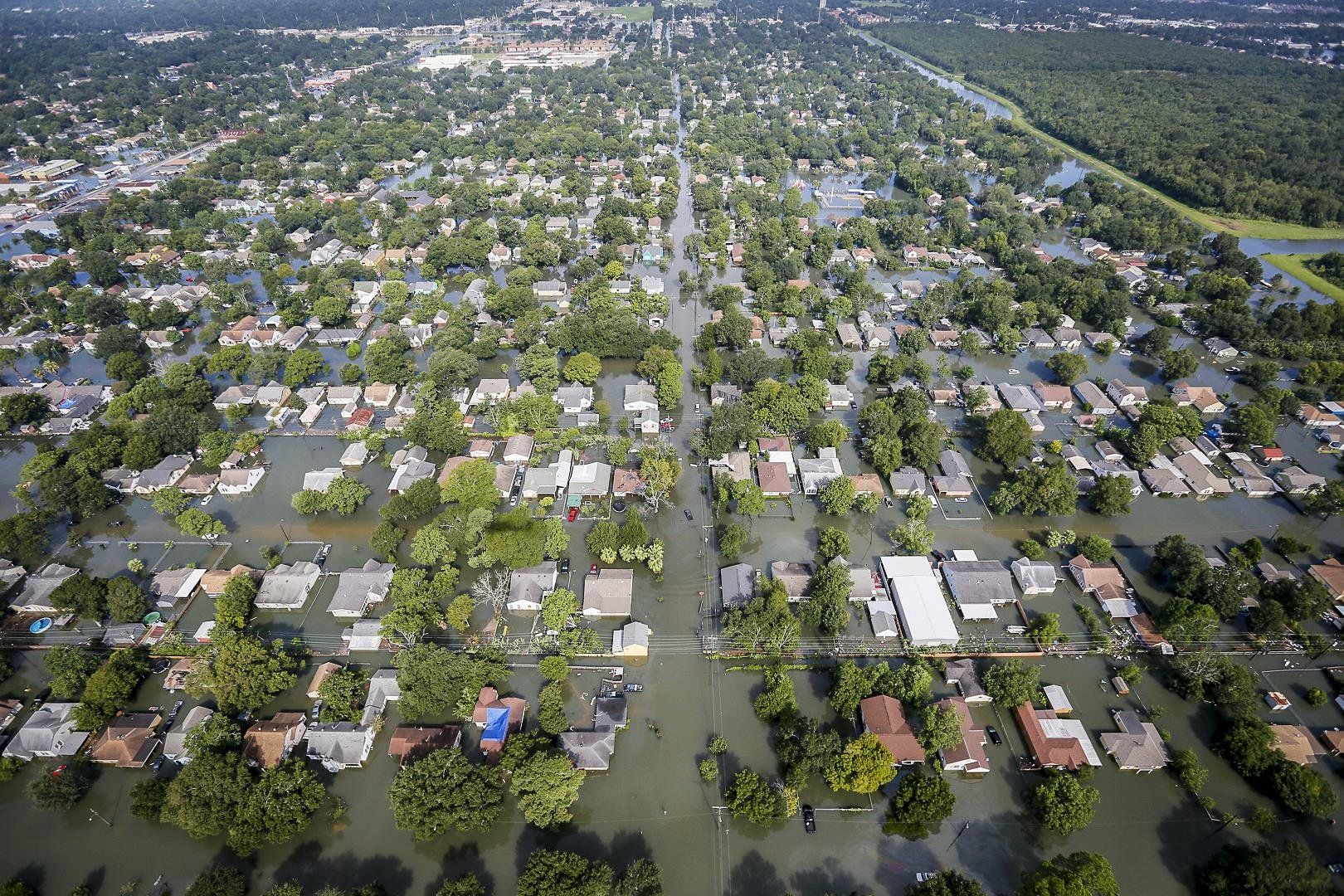1. blame the American public that lost serious interest in science in the 1990’s, And 2. the US government who’s only real interest now is war, and how to spend money on war.
If you want to crunch the world’s biggest problems, head east. According to a newly published ranking, not only is China home to the world’s two fastest supercomputers, it also has 202 of the world’s fastest 500 such devices—more than any other nation. Meanwhile, America’s fastest device limps into fifth place in the charts, and the nation occupies just 144 of the top 500 slots, making it second according to that metric.
The world’s fastest supercomputer is still TaihuLight, housed at the National Supercomputing Center in Wuxi, China, and pictured above. Capable of performing 93 quadrillion calculations per second, it’s almost three times faster than the second-place Tianhe-2. The Department of Energy’s fifth-placed Titan supercomputer, housed at Oak Ridge National Laboratory, performs 17.6 quadrillion calculations per second—making it less than a fifth as fast as TaihuLight.
China also beats out all comers on total computational resources, commanding 35.4 percent of the computing power in the list, compared with America’s 29.6 percent. The new list clearly and painfully underscores America’s decline as a supercomputing heavyweight. Indeed, this is the weakest representation by the U.S. since the Top500 supercomputers list started ranking the industry 25 years ago.
Read more









